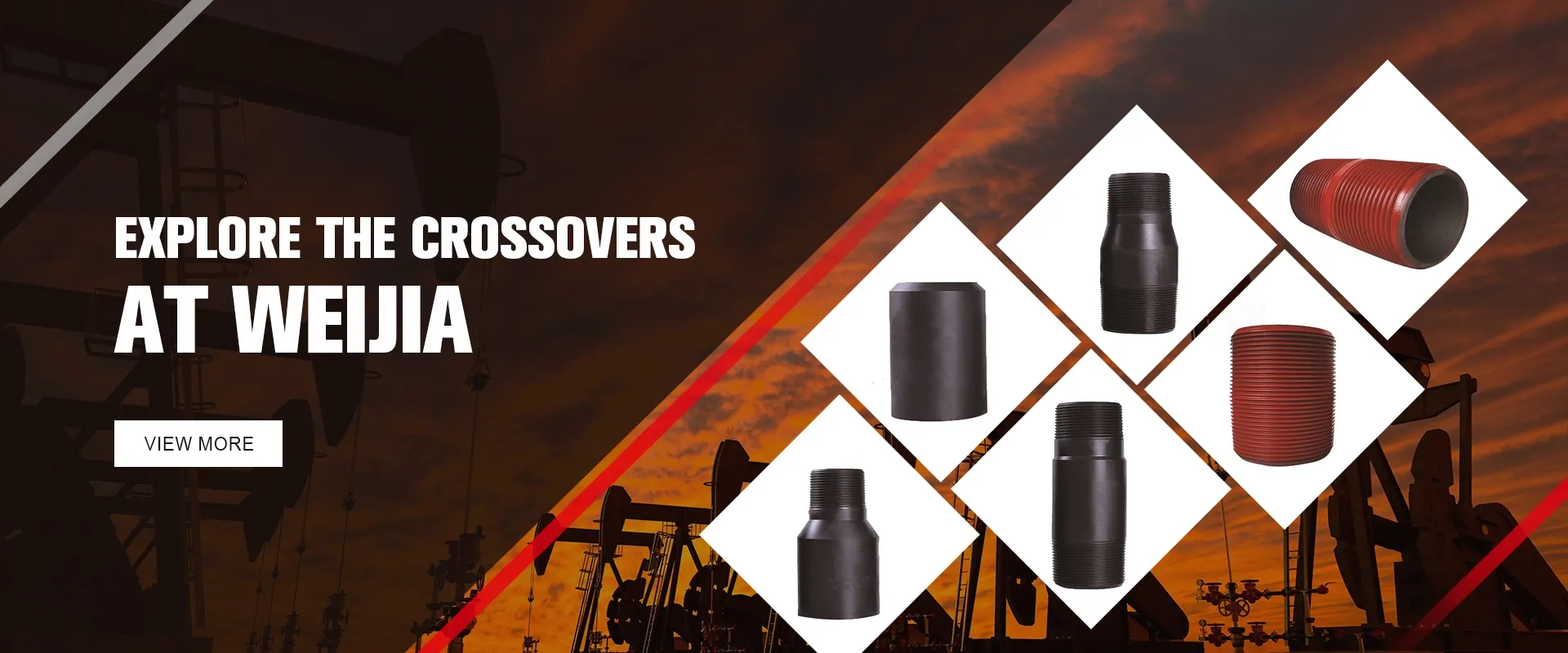- Afrikaans
- Albanian
- Amharic
- Arabic
- Armenian
- Azerbaijani
- Basque
- Belarusian
- Bengali
- Bosnian
- Bulgarian
- Catalan
- Cebuano
- Corsican
- Croatian
- Czech
- Danish
- Dutch
- English
- Esperanto
- Estonian
- Finnish
- French
- Frisian
- Galician
- Georgian
- German
- Greek
- Gujarati
- Haitian Creole
- hausa
- hawaiian
- Hebrew
- Hindi
- Miao
- Hungarian
- Icelandic
- igbo
- Indonesian
- irish
- Italian
- Japanese
- Javanese
- Kannada
- kazakh
- Khmer
- Rwandese
- Korean
- Kurdish
- Kyrgyz
- Lao
- Latin
- Latvian
- Lithuanian
- Luxembourgish
- Macedonian
- Malgashi
- Malay
- Malayalam
- Maltese
- Maori
- Marathi
- Mongolian
- Myanmar
- Nepali
- Norwegian
- Norwegian
- Occitan
- Pashto
- Persian
- Polish
- Portuguese
- Punjabi
- Romanian
- Russian
- Samoan
- Scottish Gaelic
- Serbian
- Sesotho
- Shona
- Sindhi
- Sinhala
- Slovak
- Slovenian
- Somali
- Spanish
- Sundanese
- Swahili
- Swedish
- Tagalog
- Tajik
- Tamil
- Tatar
- Telugu
- Thai
- Turkish
- Turkmen
- Ukrainian
- Urdu
- Uighur
- Uzbek
- Vietnamese
- Welsh
- Bantu
- Yiddish
- Yoruba
- Zulu
well casing coupler
Understanding Well Casing Couplers A Crucial Component in Oil and Gas Operations
In the oil and gas industry, the integrity and efficiency of drilling processes are paramount. One critical component that plays an essential role in maintaining the structural integrity of wells is the well casing coupler. These couplers serve to connect sections of casing pipe, ensuring a secure and reliable wellbore. This article explores the importance of well casing couplers, their types, and their applications.
What are Well Casing Couplers?
Well casing couplers are specialized fittings designed to join lengths of casing pipe used in drilling operations. Casing is a series of large diameter pipes that are inserted into a drilled well to stabilize the wellbore, prevent the collapse of the formation, and isolate different underground pressures. The primary purpose of couplers is to connect multiple sections of casing, allowing for deeper drilling while maintaining a consistent structure and preventing fluid leaks.
Types of Well Casing Couplers
There are several types of well casing couplers, each tailored for specific applications and conditions
. Some common types include1. Threaded Couplers These are screw-type couplers that provide a strong mechanical connection between two sections of casing. They are widely used in various drilling scenarios due to their ease of installation and robust nature.
2. Welded Couplers In some applications, welded couplers are preferred for their strength and durability. They involve joining two lengths of casing through welding, creating a seamless connection that minimizes the risk of leaks.
3. Flanged Couplers These couplers feature a flange at the ends of the casing that allows for bolted connections. Flanged couplers are often used in applications that require the ability to disassemble the casing easily for maintenance or repair.
well casing coupler

4. Slip-on Couplers These are designed to slip over the ends of two casing pipes and are typically secured with bolts. They provide a quick and reliable connection, making them ideal for temporary installations or situations requiring frequent access to well components.
Applications of Well Casing Couplers
Well casing couplers are integral to various stages of drilling and completion processes in oil and gas operations. They are used in
- Initial Well Construction During the drilling phase, couplers connect casing strings to achieve the desired depth, allowing operators to stabilize the wellbore effectively.
- Well Repair and Maintenance In cases where well integrity is compromised, couplers facilitate the repair process by allowing sections of casing to be replaced or reinforced without the need for extensive re-drilling.
- Production and Testing Couplers are also instrumental during the production phase, connecting different components of the well system, such as tubing and production risers, ensuring efficiency in flow rates and pressure management.
Conclusion
In conclusion, well casing couplers are indispensable components in the oil and gas industry, crucial for ensuring the safety and effectiveness of drilling operations. With their various types and applications, they provide the necessary connections between casing pipes that allow for deep, stable, and efficient drilling. As the industry continues to evolve, the design and technology of well casing couplers are likely to advance, further enhancing their functionality and reliability. Understanding their role is vital for those involved in drilling operations, as it contributes significantly to the overall success of the project.
-
Tubing Pup Joints: Essential Components for Oil and Gas OperationsNewsJul.10,2025
-
Pup Joints: Essential Components for Reliable Drilling OperationsNewsJul.10,2025
-
Pipe Couplings: Connecting Your World EfficientlyNewsJul.10,2025
-
Mastering Oilfield Operations with Quality Tubing and CasingNewsJul.10,2025
-
High-Quality Casing Couplings for Every NeedNewsJul.10,2025
-
Boost Your Drilling Efficiency with Premium Crossover Tools & Seating NipplesNewsJul.10,2025







